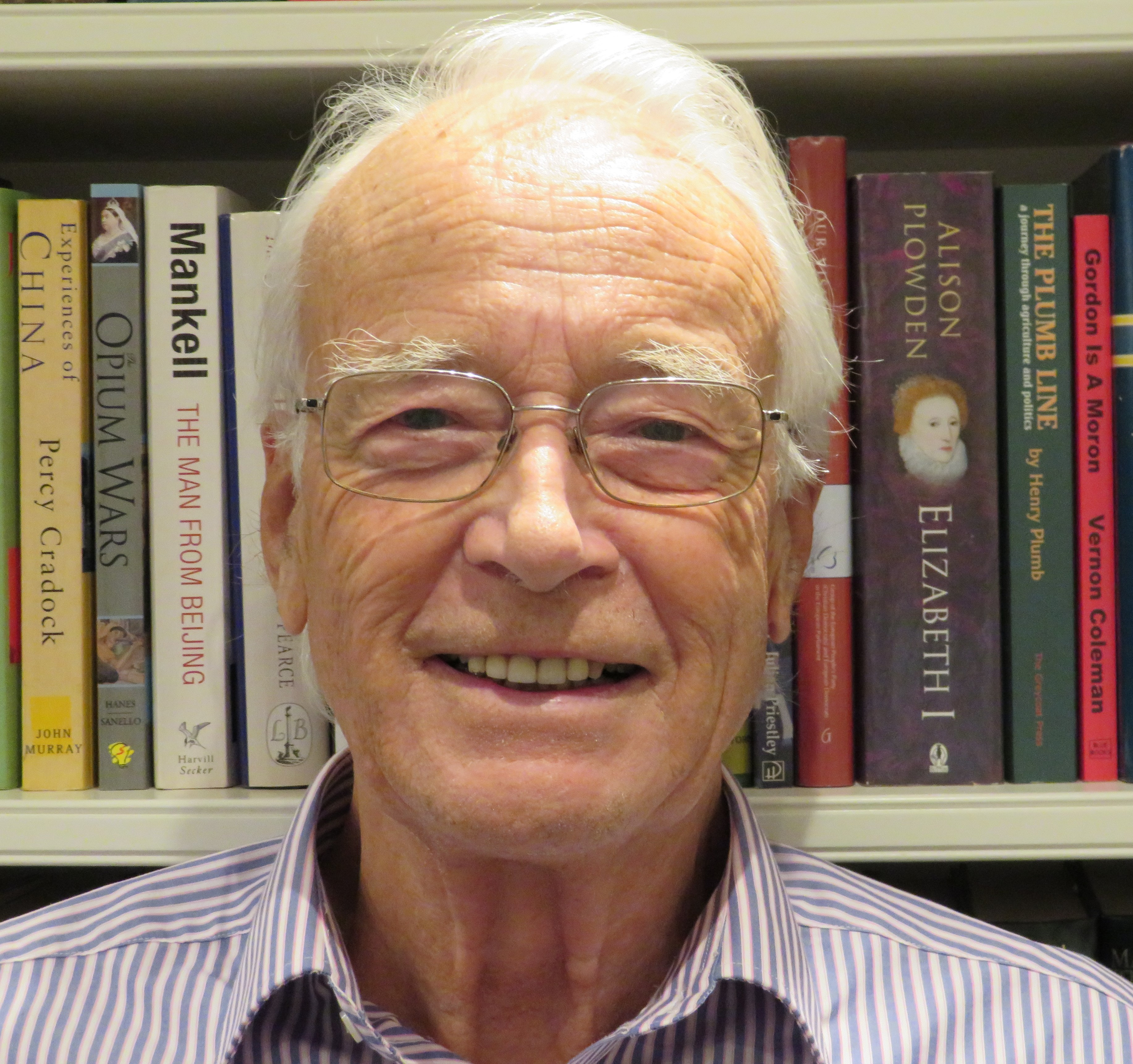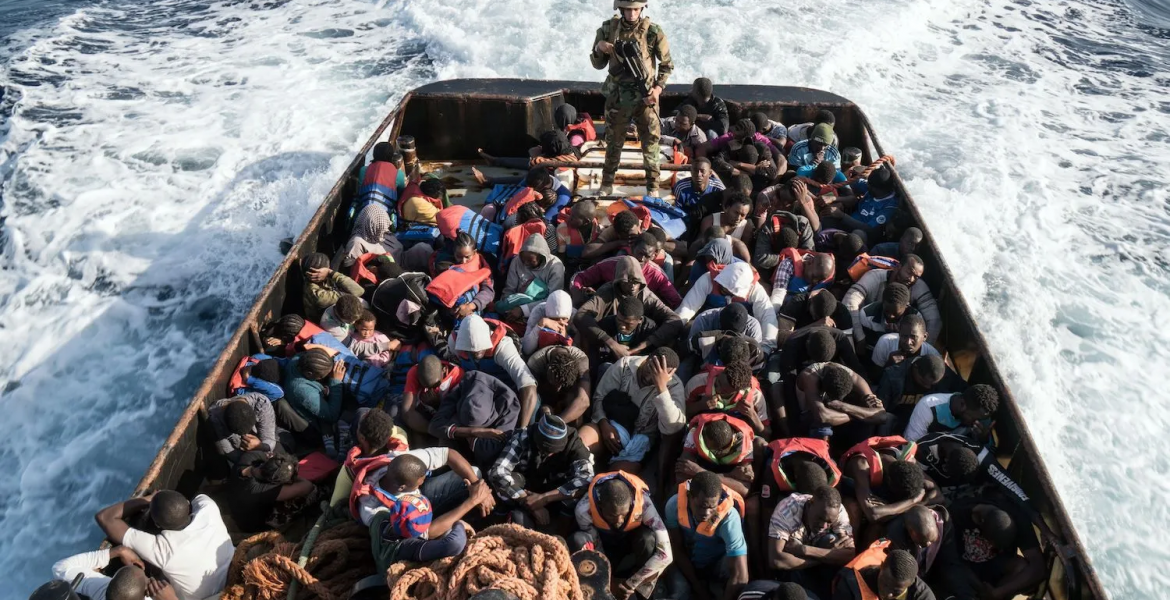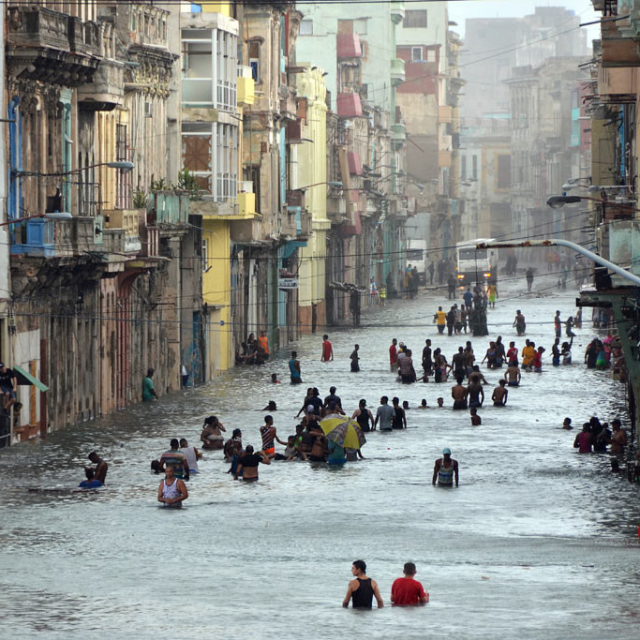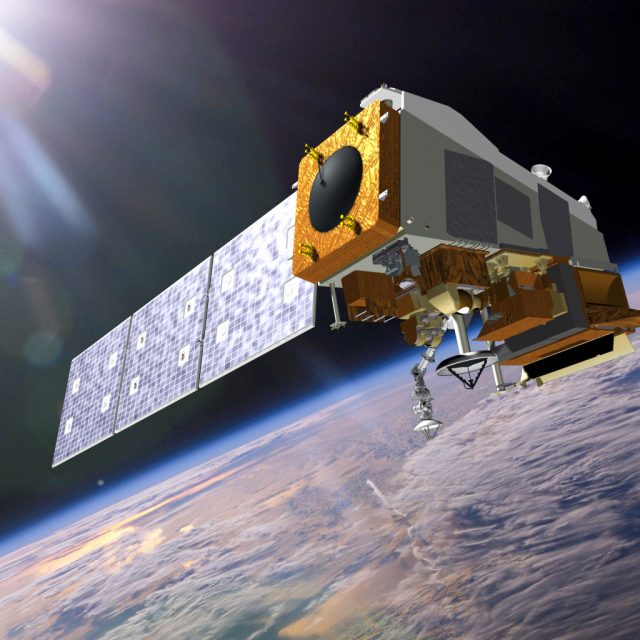It is 33 years since the Berlin Wall was torn down, in November 1989. It heralded the break-up of the old Soviet empire and a new hope for the fledgling democracies which would spring up across Central and Eastern Europe, writes Philip Bushill-Matthews.
Some walls stayed firmly fixed: the ‘Peace Walls’ in Belfast and the ‘Green Line’ dividing Cyprus. But in 1995 the European Union created the Schengen area giving the peoples of signatory EU countries full freedom of movement without borders or barriers. Much has changed since then, with more walls now going up.
The cause of this change has been Russia, which has ‘weaponised’ migration on a massive scale.
It is sometimes forgotten why immigration was such an issue during the UK’s Brexit referendum. It was not just because poorer communities felt there were too many unskilled EU workers were coming to the UK and accepting lower wages: they had been coming to the UK for years doing jobs which the British had been unwilling to do. The catalyst was literally millions of Syrians being forced out of their homeland and fleeing to Europe. Over a million entered Germany. Nigel Farage would use this as the main thrust of his successful anti-EU campaign.
Forced emigration was a deliberate policy by Russia in order to destabilise the EU: because the policy worked so well it is now a central plank of its strategy. The EU is responding by building more walls on its external borders.
Hungary was the first, building a fence on its border with Serbia in 2015. The fence consists of three rows of razor-wire, and the number of illegal immigrants successfully entering the country declined by over 95%. In 2017 Hungary completed a second fence, followed by further sections along the border with Croatia.
Then came Poland, building a 5.5m high steel wall along 186 kilometres of its border with Belarus, to stop asylum seekers from Africa and the Middle East. Belarus dictator Lukashenko has borrowed the idea of weaponizing immigration from his Russian masters by encouraging asylum seekers from the Middle East and Africa to come to Minsk so that he could push them onwards to Poland.
This year Poland has authorised a second wall, along the 210 km border with the Russian enclave of Kaliningrad – home to over 1 million Russians and the key base for the Russian Baltic fleet because it is ice-free in winter. Another three rows of razor-wire are due for completion in 2023.
Finland also shares a border with Russia, in this case 1300 km long. Since the start of the Ukraine war around 40,000 Russians have crossed the border trying to avoid conscription. Finland is the latest country to authorise a new barrier, initially along 20% of the border at its most vulnerable crossing points.
All these fence-building countries confirm that they always welcome genuine asylum-seekers and have systems in place to process them appropriately. France and Germany confirm the same, yet they have also taken decisive action in non-wall-building ways. Given the increasing numbers of economic migrants from Albania France decreed that such claims are rejected within days and anyone lodging an appeal is returned immediately to Albania. As long ago as 2015 Germany declared Albania a safe country. and has sent back thousands of would-be asylum seekers without delay or difficulty.
Immigration into Europe continues to be a live issue, but many different countries have been actively implementing responses which work for them. The outlier has been the UK, which has been strong on rhetoric but weak in action. The irony is that since leaving the EU the UK is no longer subscribed to the Dublin Convention by which illegal immigrants could be returned to the EU country they came through: Brexit has given the UK less control rather than more. As an island we cannot build a wall in the sea.
In Shakespeare’s time the sea was the wall: John of Gaunt’s famous speech about ‘this scepter’d isle’ defined England as This precious stone set in a silver sea, which serves it in the office of a wall, or as a moat defensive to a house against the envy of less happier lands. It is a wall no longer. Further support from France to prevent boat crossings can help but will not fix the problem: other actions are urgently required and are up to the Prime Minister.
Processing claims should be much quicker. Albanian economic migrants should be sent back immediately. There needs to be a better system for real refugees to apply for asylum legally. The UK should adopt identity cards, in common with the rest of the EU, so that illegals cannot readily find illegal work.
Sunak should not let his Home Secretary follow an extreme right-wing agenda. He should himself become a Braver Man.

The Author, Philip Bushill-Matthews, is former Leader of the British Conservatives in the European Parliament




